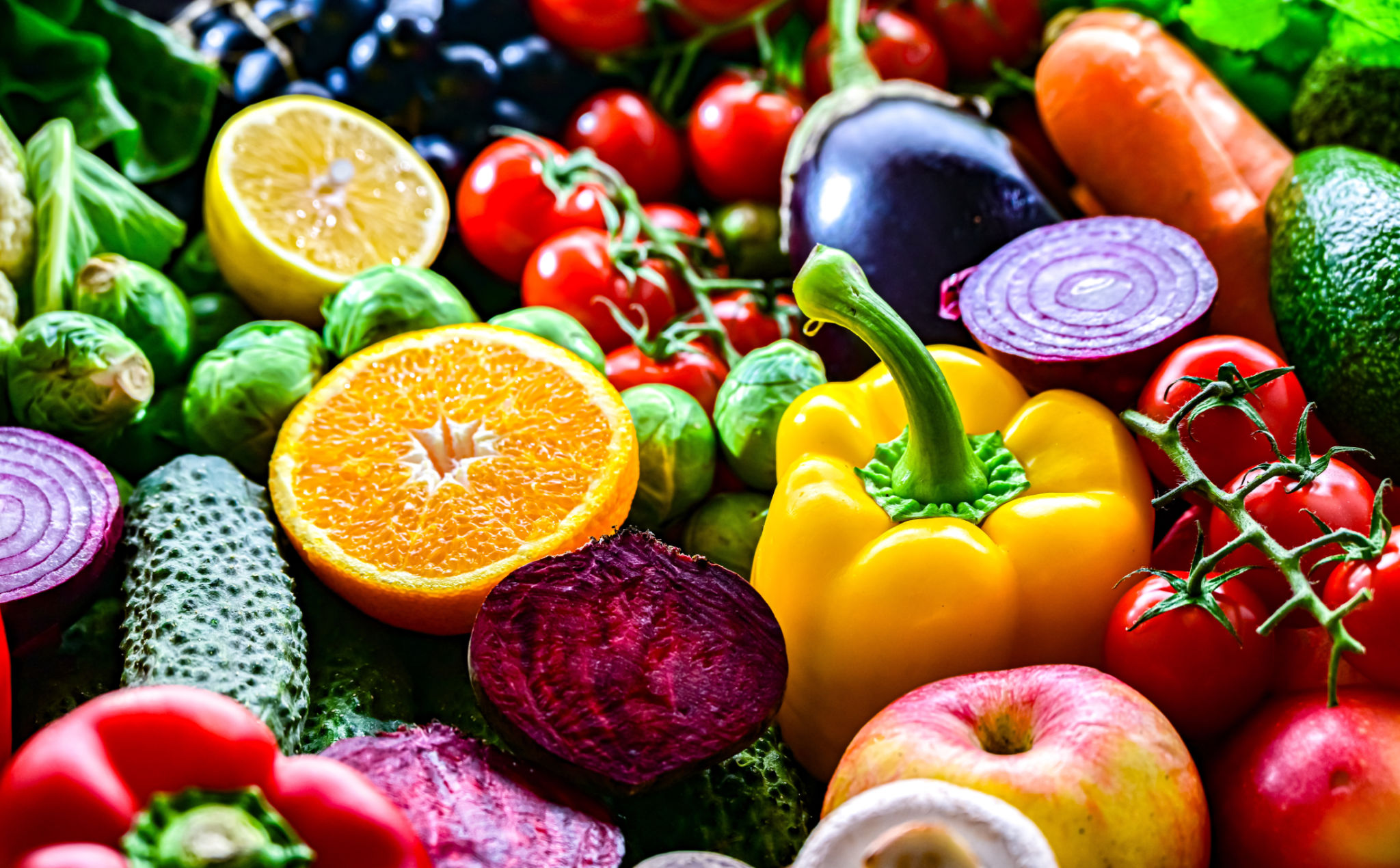Debunking Myths About Organic Produce in Hawai‘i
Understanding Organic Certification in Hawai‘i
When it comes to organic produce, many consumers are concerned about the authenticity of the certification. In Hawai‘i, organic certification is regulated by the United States Department of Agriculture (USDA), ensuring that products meet strict guidelines. This certification process involves rigorous inspections and adherence to sustainable farming practices.

Myth: Organic Produce is Always Pesticide-Free
A common misconception is that organic produce is entirely free of pesticides. In reality, organic farming allows for the use of certain natural pesticides. These are typically less harmful than synthetic alternatives used in conventional farming. The key difference is that organic farming emphasizes the use of natural substances and processes.
Organic farmers in Hawai‘i often employ methods such as crop rotation, beneficial insects, and natural fertilizers to maintain soil health and manage pests. This holistic approach helps minimize the need for chemical interventions.

Myth: Organic Produce is Always More Nutritious
Another prevalent myth is that organic produce is inherently more nutritious than conventional produce. While some studies suggest that organic fruits and vegetables may contain higher levels of certain antioxidants, the overall nutritional differences are often minimal. The main advantage of organic produce lies in its reduced exposure to synthetic chemicals.
It's important to remember that freshness and variety also play significant roles in nutritional value. In Hawai‘i, locally grown produce—whether organic or conventional—often retains more nutrients due to shorter transportation times.

Cost and Accessibility of Organic Produce
The perception that organic produce is prohibitively expensive can deter many consumers. While organic products can be pricier, the cost often reflects the labor-intensive farming practices and smaller scale of production. In Hawai‘i, supporting local organic farms not only contributes to sustainability but also helps reduce costs over time.
Many farmers' markets in Hawai‘i offer a diverse selection of organic produce, making it more accessible to the local community. Building relationships with local farmers can also provide opportunities for discounts and bulk purchasing.

Myth: Organic Farming is Not Sustainable
Some critics argue that organic farming is not sustainable due to lower yields compared to conventional methods. However, organic farming practices can enhance soil health, improve biodiversity, and reduce pollution, contributing to long-term sustainability.
In Hawai‘i, many farms are implementing innovative techniques such as permaculture and agroforestry to boost productivity while maintaining ecological balance. These methods help ensure the sustainability of organic farming in the islands.

Making Informed Choices
When choosing between organic and conventional produce, it's essential to consider factors such as environmental impact, personal health, and budget. Educating yourself about the practices and benefits of organic farming can help you make informed decisions that align with your values.
By debunking common myths about organic produce, consumers in Hawai‘i can better appreciate the efforts of local farmers and make choices that support both personal health and environmental sustainability.